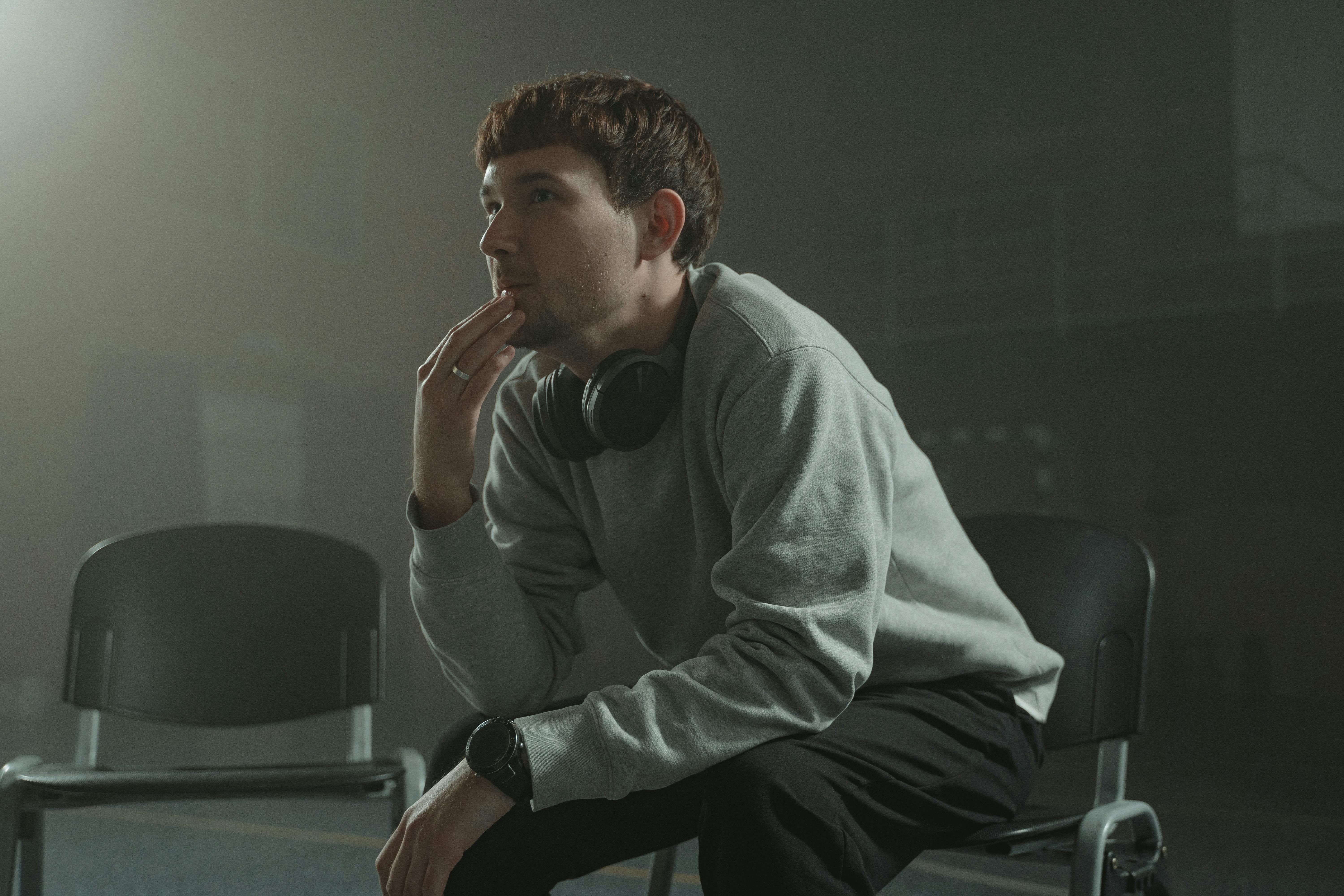Parenting: The Difference Between Discipline and Punishment
Parents never leave the hospital with their newborns and think, “I need to have a punishment plan for my child.” However, as time goes by, parents find that sometimes things don’t go perfectly and children don’t always act with total obedience, thus punishing their children more than they would like. This tends to wear down even the best of parents, but the issue isn’t punishment, it’s discipline.
The role of a father is to teach his children how to live and act so that they are safe, healthy, growing in knowledge and ability, and equipped with every opportunity to live an independent life one day. This doesn’t happen overnight, it happens only with time and careful attention to consistency and purpose. parents must train your children how to do this, just as an athlete trains for a race. Training involves demonstration, repetition, correction, and encouragement. it’s a process. For many parents, the hardest on that list is correction because it tends to become punitive and comes across as punishment rather than discipline.
Punishment is about the negative outcome, while discipline focuses on preventative steps. If a child is well trained, she will understand the goal, will have seen the methods or ways in which she can succeed, and will be expected to repeat that process of achieving it. They will also understand that if they make a mistake, there may be some consequences (discipline), but those consequences do not translate into anger or frustration. They are simply the result of an action. But this type of discipline comes from a perspective of desired growth for the child, just as a coach would ask the athlete to repeat the drill or stay for extra practice to increase their skills. Discipline is designed to redirect actions toward the desired goal.
Punishment, however, tends to be met in anger. It is reactive and not smooth. Is full of emotion that expresses a point (such as “You failed!”) rather than pointing toward a goal (such as “How can you do better next time?”) The punishment is vindictive in nature because the child interrupted parents plans or activities. The punishment can be focused on what the parent wants at the time, such as peace and quiet, not being interrupted, not being embarrassed, etc.
The challenge for parents is to be aware of the training they are undergoing. They need to know the goals for their children. Having a family vision statement to focus on is important to the life and faith of every family. Once it is in place, just like coaches, parents need to be consistent and intentional about the training plan. They must remember to demonstrate the skills they want their children to learn, practice the skills with them, repeat them again, and, as needed, redirect attention to goals that are important to each child’s overall well-being.
